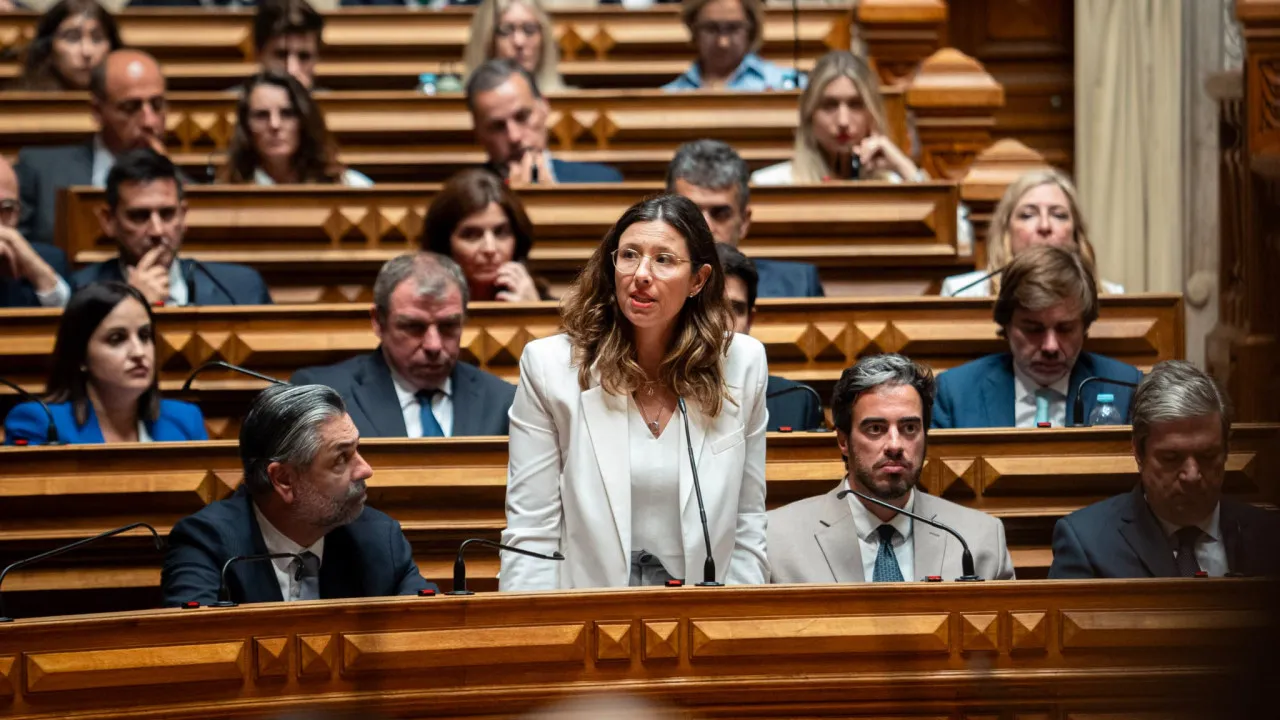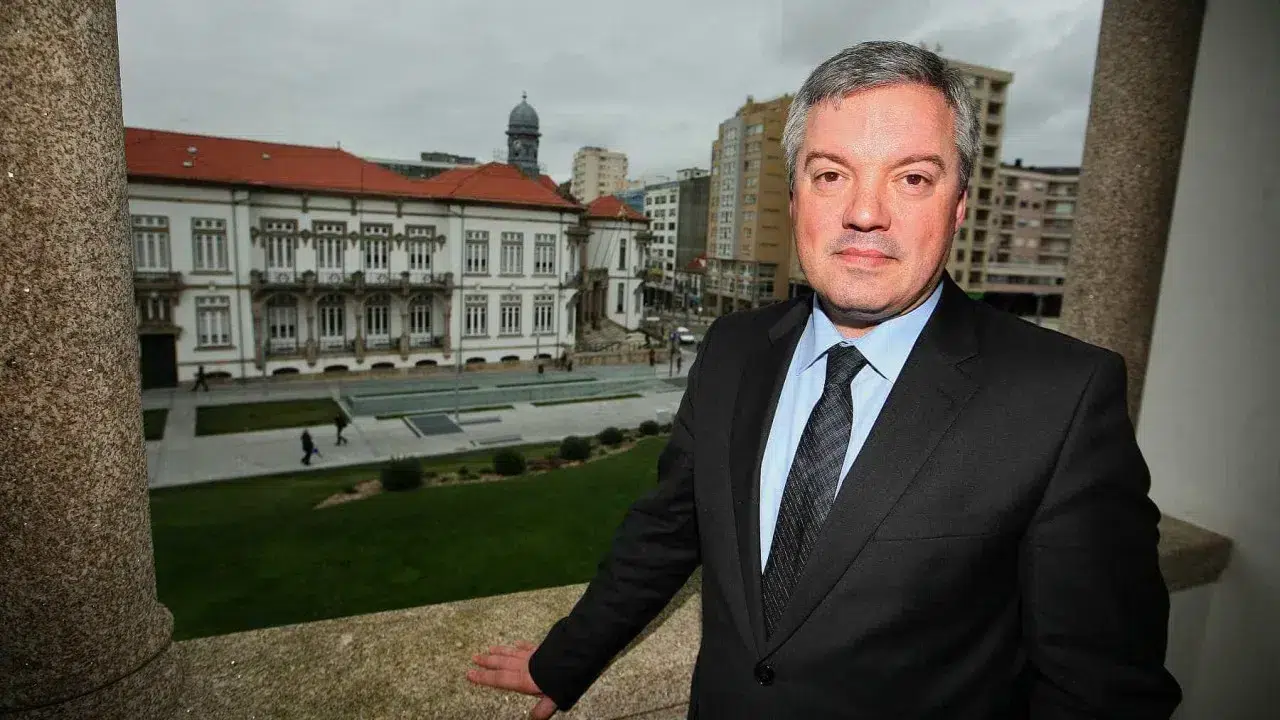
These measures are included in the global strategy motion with which Mariana Leitão presents herself for the IL’s internal elections, titled ‘The freedom that unites us,’ where she pledges to renew the party’s vision and reaffirm its identity.
The current parliamentary leader of IL states that the party aims to “lead a path of profound transformation in Portugal,” with a “clear and ambitious vision of economic growth, prosperity, and hope in which freedom is the essential driver for creating a vibrant and economic future.”
“I want an IL that is not afraid to disturb. That refuses to be just another party in parliament. That continues to be a force for real transformation, with the ability to mobilize and the ambition to lead,” she asserts.
To this end, Mariana Leitão outlines five public policy priorities, with an emphasis on tax simplification. The candidate advocates for a “gradual path to a single IRS rate,” asserting the need for “a more competitive IRS.”
Mariana Leitão specifically advocates the end of progressivity in IRC, with a single rate of 15% – currently, this rate is 20% and 16% for small and medium-sized enterprises – and a “significant reduction in IRS progressivity,” with fewer brackets.
The candidate believes that, as it stands, the Portuguese tax system is “a machine that prevents the country from growing” and declares that her goal is “to turn this page” and “make taxation a driving force – not a brake – on the Portuguese economy.”
Similarly, Mariana Leitão argues that the current Labor Code is “an obstacle to freedom, prosperity, and development.”
The candidate thus advocates for a “labor reform that frees people and companies to work,” based on principles such as “total contractual freedom and flexible work models,” allowing for freely agreed upon terms, such as “flexible or adapted schedules.”
Another principle of this labor reform would be ensuring that “hiring cannot be a risk” and “firing cannot be a punishment,” proposing the reduction of dismissal costs, simplification of contract termination procedures, and strengthening of “transition protection mechanisms,” with “robust unemployment insurance.”
In her strategic motion, the candidate further believes that Portugal needs to advance towards an industrial revolution, which she argues involves a “decisive investment in industry, artificial intelligence, and energy,” including the development in the country of “data centers, semiconductor factories” or critical AI infrastructures like AI Factories and GigaFactories.
Mariana Leitão also supports, like former leader Rui Rocha, that the Constitution of the Republic needs to be revised to reinforce guarantees related to private property and state limits in the economy, and “eliminate remnants of collectivist, corporatist, and interventionist language.”
In this strategic motion, the candidate also addresses the IL’s upcoming two electoral challenges: the autumn local elections and the presidential elections in January 2026.
Regarding the local elections, the candidate states that “more than increasing the number of elected representatives,” the party should “create laboratories for liberal governance” and points out that, considering the preparation process for these elections had already been initiated by Rui Rocha’s leadership, her task is to consolidate it and “ensure its proper execution.”
Regarding the presidential elections, Mariana Leitão – who had previously announced a candidacy for Belém but withdrew it after declaring her intention to become IL leader – argues that the party should support a personality who is a “true guardian of freedoms, a defender of the balance of powers, and a promoter of structural reforms.”




